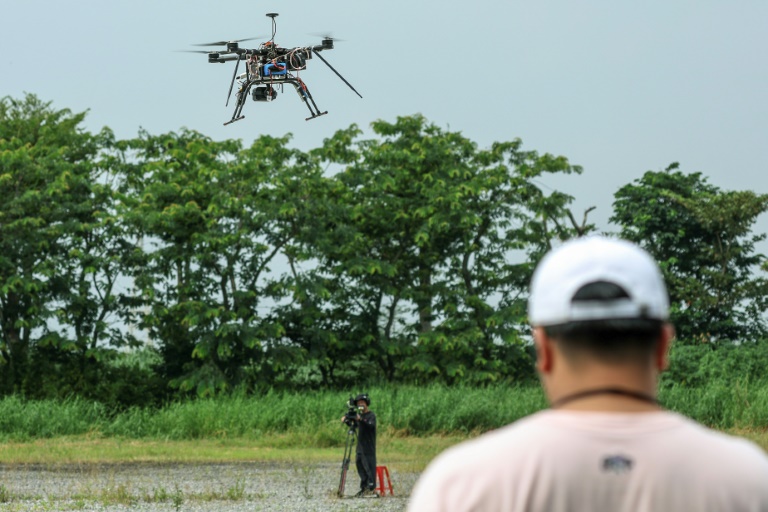An international team of scientists led by geneticists and disease biologists from the University of Oxford and LMU Munich have utilized ancient DNA to track the evolution of Marek’s Disease Virus (MDV). This global pathogen causes fatal infections in unvaccinated chickens and incurs a cost of over $1 billion per year for the poultry industry.
The team, consisting of archaeologists and biologists, has successfully retrieved and reconstructed ancient MDV sequences from archaeological chickens dating back 1,000 years. By comparing viral genomes obtained from both modern and ancient birds, they have identified the genetic changes responsible for the heightened virulence of the modern virus.
Furthermore, by utilizing cellular assays, they have been able to revive ancient biological processes based on the ancient genetic sequences, demonstrating that ancient strains were considerably less severe than their modern counterparts.
This groundbreaking discovery not only provides insights into the evolutionary history of MDV but also offers potential for the development of more effective treatments against this devastating poultry disease.
This new study is based on DNA extracted from chicken bones unearthed at 140 archaeological sites in Europe and the Near East. These ancient genomes have revealed that MDV was prevalent in European chickens at least 1,000 years before the disease was first documented in 1907. This underscores the significance of preserving archaeological remains, particularly due to their ability to unveil valuable insights into the evolution of virulence.
2023-12-14 16:00:04
Source from phys.org rnrn

















